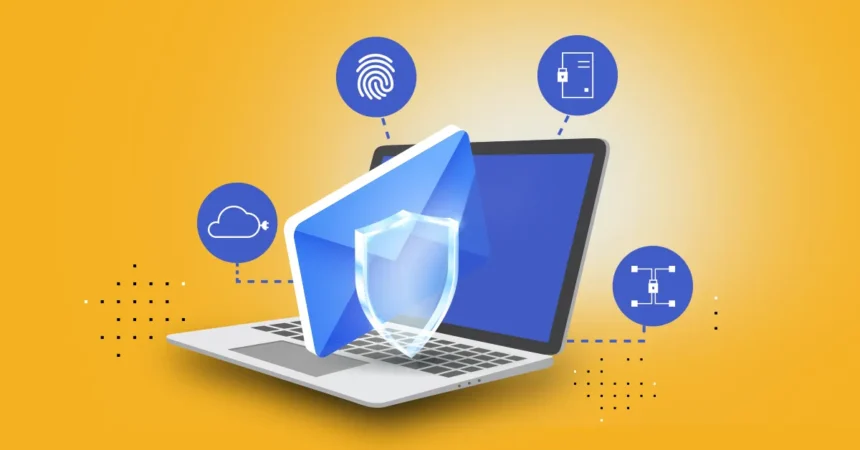HIPAA secure emails transmit protected health data to patients and other healthcare providers and stakeholders. These emails comprise security apparatus such as end-to-end encryption that preserves the integrity of private health data. Emails that are HIPAA compliant help lower the risk of data breaches or data loss. Here are the types of information that can be sent through HIPAA secure emails:
Email Addresses
Email addresses linked to the communication of health-related subjects for a patient can be transmitted via HIPAA secure emails. Addresses that help doctors schedule appointments or send reports to patients may expose private health information and the patient’s physical location. The potential of email addresses to accidentally expose confidential health information necessitates the use of HIPAA-compliant emails when sharing addresses.
Fax Numbers
Fax numbers should be shared via a secured email service when used in the transmission of documents containing health information. The information shared through a fax may serve as patient identifiers. Securely transmitting sensitive health data enhances patient privacy and enables compliance with HIPAA regulations.
Vehicle Numbers
Vehicle numbers connected to transportation or ambulance information should be sent via secure electronic messaging. The numbers may indicate details regarding an individual’s interaction with the healthcare system. This exposes additional private patient information to unauthorized parties. Keeping such information confidential with the help of secure mail services enhances data integrity and patient safety.
License Numbers
License numbers of healthcare professionals included in medical records should be protected during electronic transmission. Such information may reveal particular healthcare conditions and personnel involved in caring for the patient. The license numbers become part of the patient’s identifiable health records, which can be targeted by hackers with malicious intentions.
Full-face Images
Full-face images accompanying medical records encompass identifiable health information. Images may be required for patient identification and diagnostic imaging. In instances where images are connected to a patient’s health status, sending the images over a protected network enhances confidentiality and patient safety.
MRI Scans
Magnetic resonance imaging (MRI) scans that offer details on a person’s health issues and internal anatomy have sensitive patient data, necessitating the use of a secure email. HIPAA-compliant mail services enhance the privacy of such sensitive health information. The right email platform implements secure file transfer protocols barring unauthorized access to such patient data.
Social Security Numbers
Sending social security numbers via secure email platforms is necessary because they encompass identifiable patient health information. These numbers can link to a patient’s health history by revealing a person’s insurance details and medical information. Look for a trustworthy provider of secure email services to lower the risk of identity theft and tax fraud that can happen when social security numbers are accessed by unauthorized parties.
Account Numbers
Account numbers become private health information when they include financial transactions linked to the patient’s health. This might include payments made to health insurance providers or particular medical services. Malicious parties can use these numbers to gain insight into an individual’s medications and insurance coverage to commit fraud or identity theft. Information transmission over a HIPAA-compliant email service maintains the privacy of these account numbers and enhances patient safety.
Medical Record Numbers
Medical record numbers link a person to other private data. Individuals can access birth dates, medical conditions, and an individual’s address through a medical record number. These records encompass key details like your name and birth date that remain unchanged over time. This information can be used to facilitate identity theft and other forms of fraud. Reputable healthcare providers increase trust in their services by using HIPAA-secured emails, which make sure such information is accessed only by authorized parties.
Phone Records
Phone recordings, such as health-related calls and discussions on symptoms or remedies, encompass private patient health information. To lower the risk of email hijacking or cyber attacks targeting these recordings, healthcare providers can use HIPPA-compliant emails when sharing phone records. This prevents cases where unauthorized parties access phone calls that reveal personal health information that can compromise patient safety.
Utilize HIPAA Secure Emails Today
Enhance trust and confidence in healthcare services by using secure emails from reputable data security providers. HIPAA-compliant emails make sure identifiable patient details like social security numbers remain confidential. Contact data security services today to learn more about ways HIPAA-compliant email services will protect patient health information and enhance patient safety.






